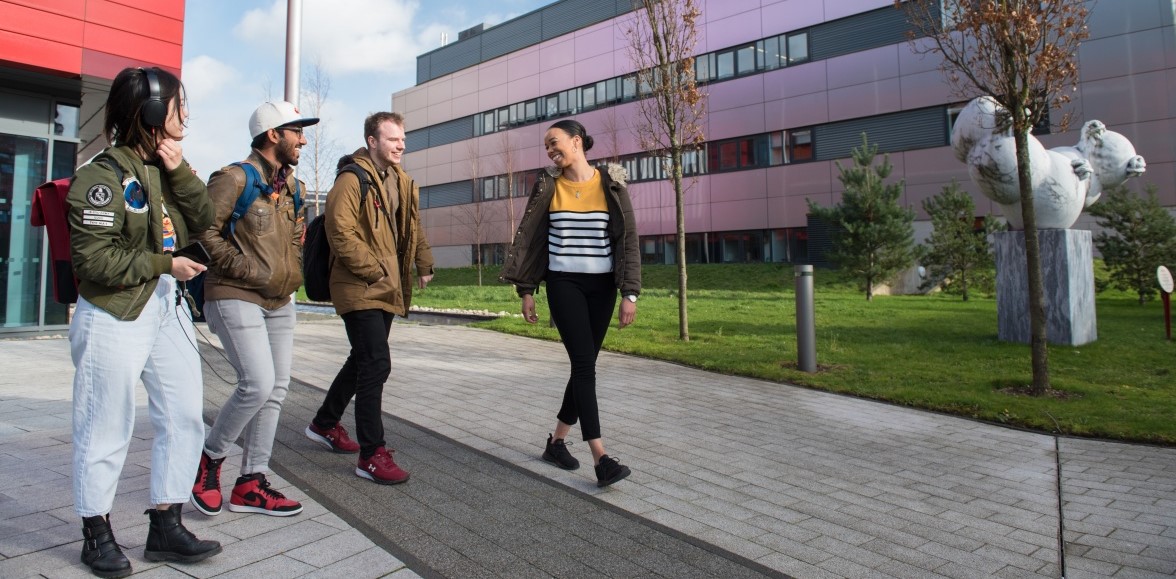Recycling
It’s really important to #RecycleRight and ensure that as many household waste items as possible are re-used or recycled properly. Failing to put the right items in the right bins can result in bins becoming contaminated and being diverted from recycling plants to end up in landfills or incinerators.
Repeatedly mismanaging your recycling and contaminating your bin may result in it being removed and potentially a fine from your local council. Make sure you know how to recycle right.
